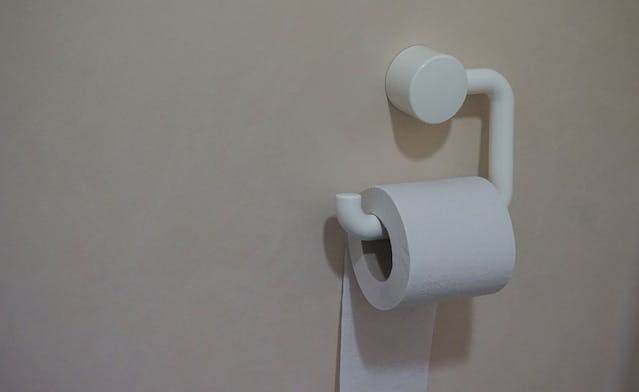When it comes to infection control in hospitals or maintaining food safety in commercial kitchens, drainage systems aren’t usually the first thing people think about. Most attention goes to handwashing, sanitisation, and protective equipment. Yet the way wastewater is managed has a direct impact on hygiene.
In 2016/17, there were an estimated 653,000 hospital-acquired infections among adult inpatients in NHS general and teaching hospitals in England, contributing to over £2.1 billion in cost. When expanded to all NHS hospitals, the number went up even more. – Source
Traditional gravity drainage systems carry risks: stagnant wastewater, pipe leaks, and foul odours can all contribute to the spread of bacteria and pathogens. For industries that must meet strict hygiene standards, this is a hidden but serious concern.
Vacuum drainage systems offer a much safer solution. By using negative pressure to transport waste quickly and securely, they reduce contamination risks and provide cleaner, healthier environments for patients, staff, and customers. Contact EVDS today for more info.

Reducing Cross-Contamination
Cross-contamination is one of the greatest threats in both healthcare and food production. Gravity systems rely on sloping pipework, where wastewater can settle and bacteria can multiply. Any leaks or backflows may spread contamination across different rooms or work areas.
In the UK, foodborne pathogens (like norovirus, Campylobacter, Salmonella, etc.) cause approximately 2.4 million cases of illness annually. The estimated cost to society is about £9.1 billion each year. Source.
Vacuum systems work differently. Waste is pulled away instantly under negative pressure, so it never has the chance to flow backwards. This prevents pathogens from escaping into surrounding environments and keeps sensitive areas better protected.

Cleaner, Odour-Free Environments
One of the most noticeable benefits of vacuum drainage is its airtight design. Because the system is sealed and operates under constant negative pressure, unpleasant smells cannot escape into kitchens, wards, or corridors.
This has two major advantages:
- For hospitals: a fresher, more reassuring atmosphere for patients and visitors.
- For food facilities: an environment free from odours that might otherwise compromise hygiene or working conditions.
Supporting Hygiene Standards & Compliance
Vacuum drainage doesn’t just improve day-to-day cleanliness — it also helps facilities meet strict regulations. Waste is removed quickly, limiting the build-up of bacteria and biofilms inside the system. This makes it easier to comply with hygiene frameworks such as:
- HTM guidance for infection control in UK hospitals.
- HACCP standards in food manufacturing and catering.
By integrating vacuum drainage, facilities can demonstrate a clear commitment to best practice when inspections take place. Between 2015-2020, UK public health agencies investigated 276 foodborne disease outbreaks, involving nearly 10,000 cases. Source.
Flexible Layouts Without Hygiene Risks
Unlike gravity drainage, which depends on downward gradients and long pipe runs, vacuum pipes can run overhead or vertically. This means:
- Pipework can be kept away from food preparation zones and clinical areas.
- Designers have more freedom to create efficient, hygienic layouts.
- Facilities can retrofit systems without compromising infection control.
This flexibility ensures both safety and practicality, especially in complex buildings like hospitals and large-scale kitchens.

Easier Maintenance and Safer Operations
Vacuum systems are designed to be easier to maintain. Because they are sealed and blockages are less common, cleaning and servicing are simpler and more hygienic. This not only lowers running costs but also minimises downtime — essential in both hospital and food production settings where interruptions can be costly.
Conclusion
From reducing cross-contamination to eliminating odours and supporting compliance, vacuum drainage systems deliver clear hygiene advantages over traditional gravity-based systems. For hospitals, this means safer patient environments. For food facilities, it means greater protection against contamination and better working conditions.
At European Vacuum Drainage Systems (EVDS), we’ve spent more than 20 years delivering specialist vacuum solutions across healthcare, food, and commercial sectors. To learn how vacuum drainage could improve hygiene in your facility, contact our team today.
